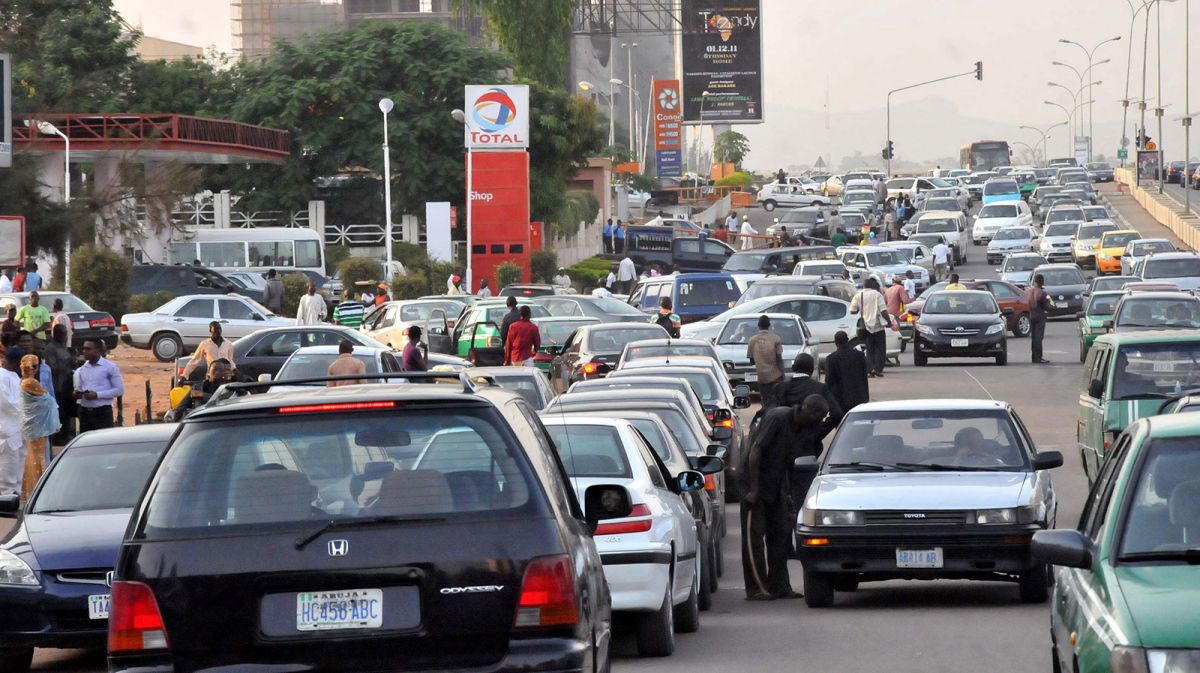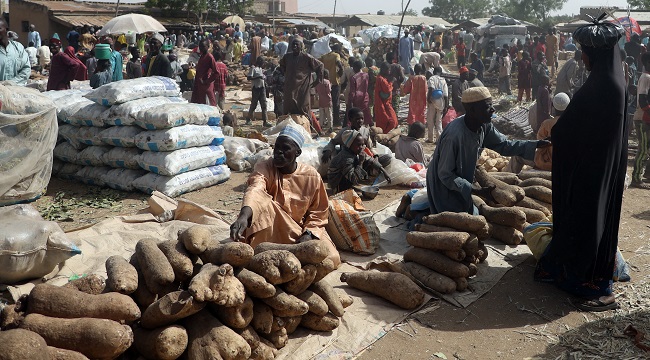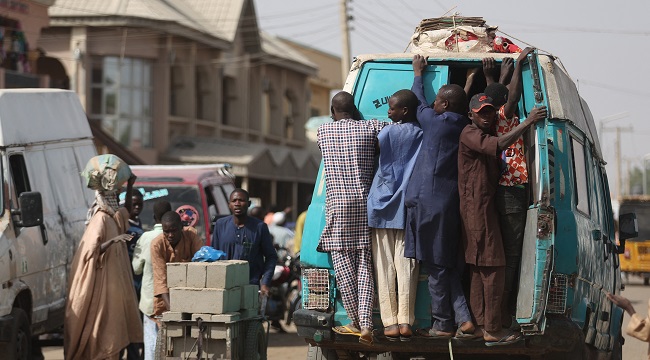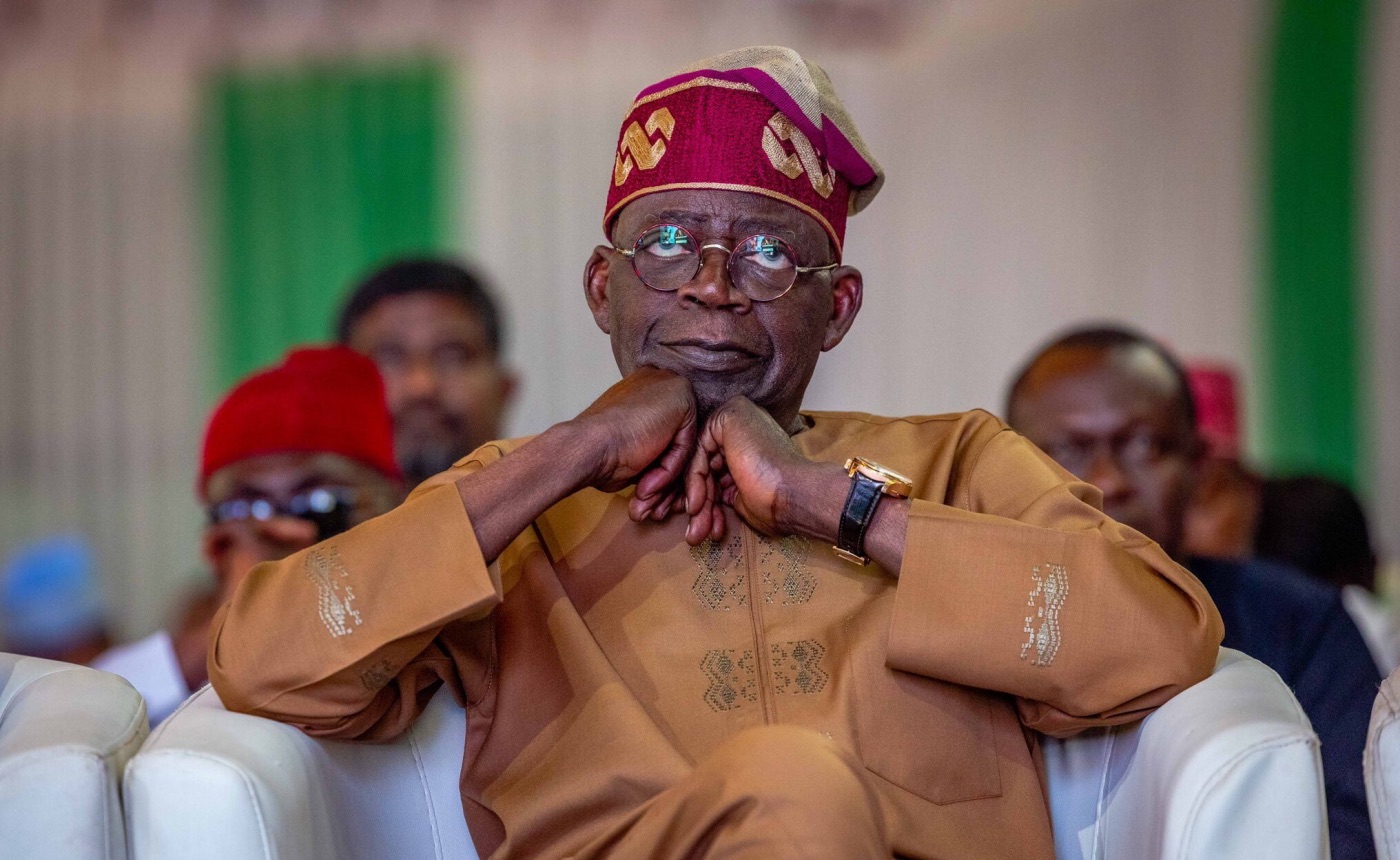ABUJA, Nigeria — ActionAid Nigeria has strongly condemned recent comments made by World Bank Senior Vice President and Chief Economist Indermit Gill, calling his economic reform recommendations for Nigeria “contradictory and deadly.”
The criticism follows Gill’s remarks at the 30th Nigerian Economic Summit (NES30) in Abuja, where he urged President Bola Tinubu’s administration to continue its current economic reforms for the next 10 to 15 years despite the hardships faced by Nigerians.
AAN Country Director, Andrew Mamedu, issued a scathing response in a statement on Tuesday, October 15, 2024, arguing that the World Bank’s blueprint for Nigeria is misguided and out of touch with the suffering endured by millions of Nigerians due to unprecedented economic challenges.
“The World Bank chief’s comment urging the Nigerian government to sustain its current economic reforms for the next 10-15 years with no clear plans on how it will cater for the people is misguided and insulting to the millions of Nigerians living through unprecedented economic hardship,” Mamedu stated.

Call for Rethinking Economic Priorities
Mamedu urged the Nigerian government to reconsider its allegiance to the World Bank’s economic strategies and instead prioritize the welfare of its citizens.
He argued that the push for sustained reforms, which prioritize economic growth without addressing the immediate needs of the people, is detrimental to Nigeria’s poorest.
“We demand that the government rethinks its blind allegiance to the World Bank’s economic blueprint and starts prioritizing the welfare of its people,” Mamedu said.
“The government must reject the idea that growth must come at the expense of human lives and begin to invest meaningfully in local industries, small businesses, and sustainable economic models that empower Nigerians rather than enslave them.”

Historical Failures of Economic Reforms
Mamedu emphasised that the World Bank and International Monetary Fund (IMF) have played a significant role in shaping Nigeria’s economy for decades, often with disastrous results.
He cited the Structural Adjustment Programme (SAP) of the late 1980s as one of the most damaging legacies of these financial institutions’ involvement.
The SAP, which led to cuts in subsidies, import liberalisation, and currency devaluation, crippled local industries, particularly the textile sector, and deepened Nigeria’s dependency on imported goods.
“Before the SAP, Nigeria’s textile industry was a vibrant hub employing hundreds of thousands of workers,” Mamedu recalled.
“However, with the IMF-driven policies forcing cuts in subsidies, import liberalization, and currency devaluation, Nigeria was pushed to shut down its own production capacity.”

Criticism of Current Reforms
Mamedu also criticized the current reforms, including the sudden removal of fuel subsidies without compensatory measures, arguing that they have disproportionately impacted the poorest Nigerians.
He pointed out that these reforms have eroded household incomes and worsened the country’s poverty levels, while global financial institutions and foreign investors benefit from Nigeria’s open economy.
“It is not only unacceptable but inhumane to ask Nigerians to endure 15 more years of suffering in the name of reforms that have historically failed us,” Mamedu said.
“Millions of Nigerians can barely afford food, fuel, or basic services today. Asking them to wait for over a decade for ‘things to get better’ is an affront to their dignity and a reckless gamble with the nation’s future.”

A Grim Outlook for the Future
Mamedu concluded by questioning the viability of the World Bank’s long-term reform strategy, expressing concern over the future of Nigeria’s children, who are already feeling the brunt of today’s hardships.
“The question is, how many Nigerians will be alive till then to reap the benefits of these reforms?” he asked.
“What does the future hold for our children who are currently feeling the brunt of the hardship? Will there still be hope for them in 15 years’ time?”
ActionAid Nigeria’s criticism highlights the growing discontent among civil society organisations over the economic policies being advocated by international financial institutions, with a focus on how these policies impact the country’s most vulnerable citizens.







